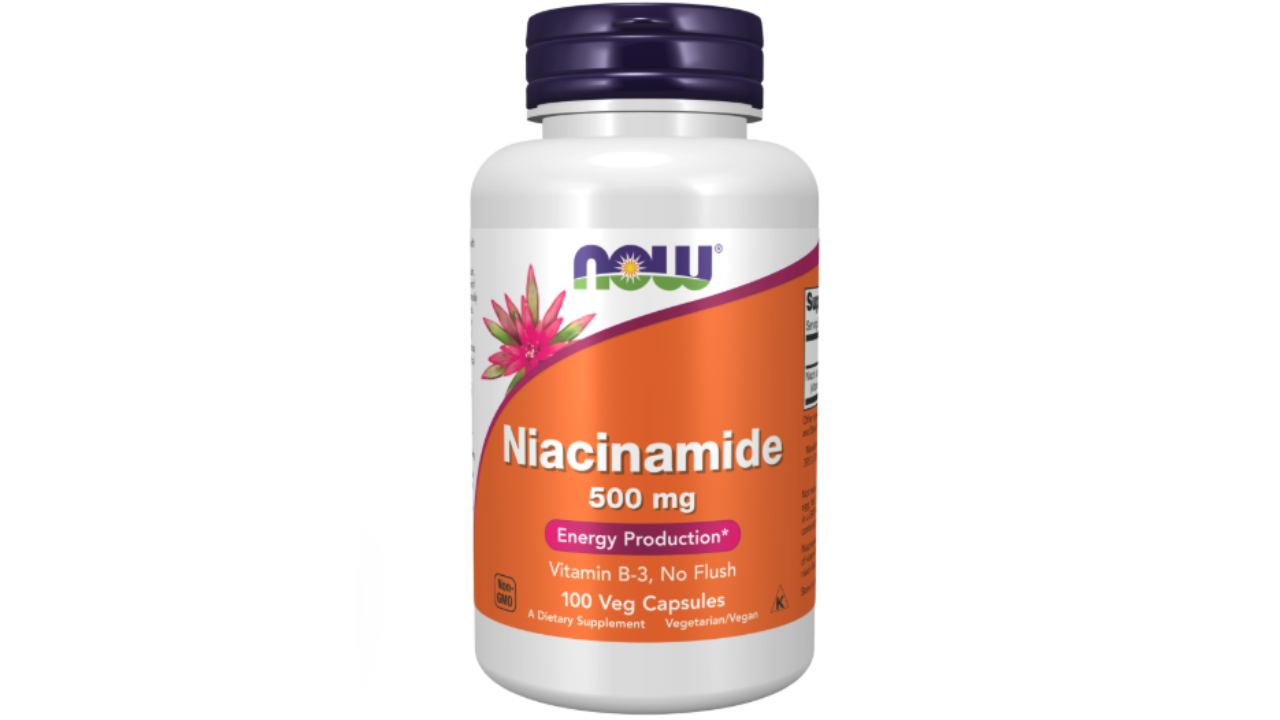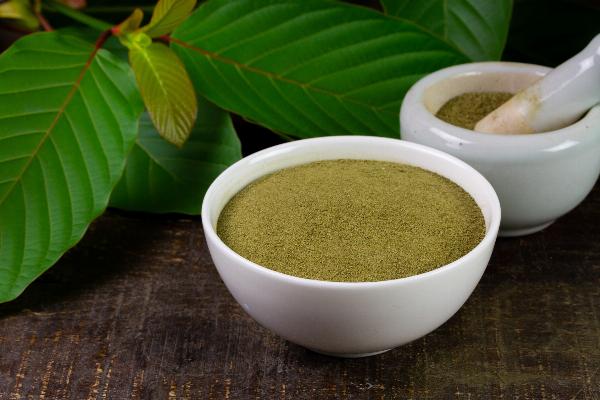Expert-Recommended Niacinamide Supplements for Skin Cancer Prevention: A Comprehensive Guide

The skin is the largest organ in the body, yet it is often overlooked until it starts showing signs of aging. From anti-aging serums to basic sunscreens, there is no shortage of skin care products designed to promote healthier, younger-looking skin. However, one product that may not be in your medicine cabinet is niacinamide, also known as nicotinamide—a type of vitamin B3. Niacinamide supplements can help minimize signs of aging and strengthen the skin barrier, and they have gained traction for their potential to reduce the risk of non-melanoma skin cancer. According to Corrie Alford, MD, a board-certified dermatologist at MetroDerm in Atlanta, the risk for non-melanoma skin cancer comes from early-life sun exposure and increases with age. While sunscreen and annual visits with a dermatologist are important, taking niacinamide along with other protective measures can be a simple, low-risk addition that can help specific patients based on current research. Srdjan Prodanovich, MD, FAAD, a board-certified dermatologist and founder of EZDERM, tells his patients that these supplements are a preventative measure that works best when used regularly. While niacinamide isn't necessary or appropriate for everyone, it's recommended for those at higher risk of developing non-melanoma skin cancers, such as basal cell carcinoma (BCC) and squamous cell carcinoma (SCC), as well as individuals with a significant history of actinic keratoses, which are precancerous skin growths. "The data is strongest for patients who are considered high-risk, meaning they've had several skin cancers in the past," says Hannah Kopelman, MD, board-certified dermatologist at Kopelman Aesthetic Surgery. "For them, nicotinamide [may] act as a preventive measure to reduce the chance of developing new ones." Research on the role of niacinamide in skin cancer prevention is ongoing. However, our experts agree that the optimal dose appears to be 500 milligrams twice per day. This dose was used in the most well-known study—the ONTRAC trial—which showed about a 23% reduction in new non-melanoma skin cancers after a year. Niacinamide is a form of vitamin B3 that's made when you have excess niacin (another form of vitamin B3) in your body. While they're both forms of vitamin B3, niacin and niacinamide have different chemical structures and different health benefits. For example, niacin may be helpful for lowering cholesterol levels, while niacinamide is linked to benefits for skin health. Vitamin B3 deficiency is rare as it's found in a variety of foods, including beef, chicken, salmon, eggs, leafy green vegetables, and brown rice. While these amounts satisfy the recommended daily intake, they fall short of providing a therapeutic dose. As a result, if you're interested in niacinamide for reducing your risk of skin cancer or other skin benefits, supplements are likely your best bet. To better understand the benefits of niacinamide and what to look for in a supplement, we consulted three dermatologists and two registered dietitians. As a dietitian, I also used my expertise to review the most popular niacinamide supplements on the market

This insightful guide offers a comprehensive analysis of expert-recommended niacinamide supplements for skin cancer prevention, providing an invaluable resource to individuals seeking natural skincare solutions.
This comprehensive guide on expert-recommended niacinamide supplements for skin cancer prevention offers an informative and trusted source of information, equipping readers with the knowledge to make informed choices about their skincare routine.
With its in-depth analysis of expert recommended niacinamide supplements and their potential for skin cancer prevention, this guide is a must read beacon on the path to safer skincare.
This comprehensive guide on expert-recommended niacinamide supplements for skin cancer prevention provides a solid foundation of knowledge, research references and real product recommendations. A must read resource highlighting the importance in preventing early onset problems.
This comprehensive guide provides a valuable insight into expert-recommended niacinamide supplements for skin cancer prevention, offering practical recommendations backed by scientific research. It's an excellent resource that any individual concerned about their dermatological health should read.














